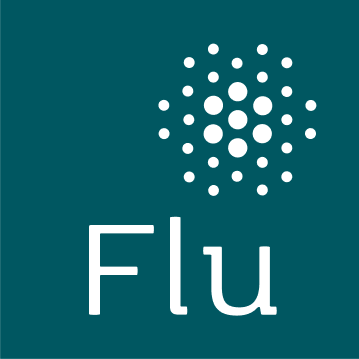Each year, the World Health Organization (WHO) celebrates World Immunization Week in the last week of April, calling attention to the importance of vaccination in public health. In 2023, World Immunization Week features the theme of “The Big Catch-Up,” which spotlights the need to bring the rates of childhood vaccinations up to where they were before the COVID-19 pandemic began.
Before the pandemic, vaccination rates for most recommended childhood vaccines were above 90% in the United States. Flu vaccination rates were far lower, with only 64% of children receiving a flu vaccine in the 2019-2020 flu season.
As COVID spread around the world in 2020, vaccination rates in children (and adults) fell significantly from the previous year, as people were encouraged to stay at home and delay medical care that didn’t require immediate attention.
As a result, in 2021, 25 million children worldwide did not receive at least one routine vaccine, while 18 million received no vaccines. In the United States, only 74% of babies who were turning 7 months old in September 2020 were up to date on their vaccinations, marking a 7% decline from the previous year. That same month, only 57% of 18-month-old infants were up to date on vaccinations, compared to 61% in September 2019. The numbers of children who were up to date on routine vaccinations was lowest among Black children, with the greatest inequities found among 18-month-old Black infants—a statistic that falls in line with the vaccination inequities that consistently exist in Black people.
Flu vaccinations also fell from pre-pandemic years, with only 54.9% of children and adolescents receiving a flu vaccine in March 2023 vs. 61.6% of those who had a flu vaccine in March 2020, before the pandemic began.
Before the pandemic, lower rates of childhood routine vaccinations were troubling to public health officials. In 2019, the WHO listed vaccine hesitancy—a delay in acceptance or refusal of vaccination, despite the availability of vaccination services—as one of the top threats to global health.
Delaying routine vaccinations can put children—and communities—at risk for a wide variety of vaccine-preventable diseases, including measles, polio and diphtheria. Likewise, the vaccine for influenza can be lifesaving in children. In the 2022-2023 flu season, 139 children died from the flu—with one death reported as recently as April 2023.
The importance of vaccination cannot be emphasized enough: Vaccinations for communicable diseases, including influenza, can provide important benefits for the health of children and adults alike. Make sure you and your loved ones stay up to date on your vaccination schedules.

